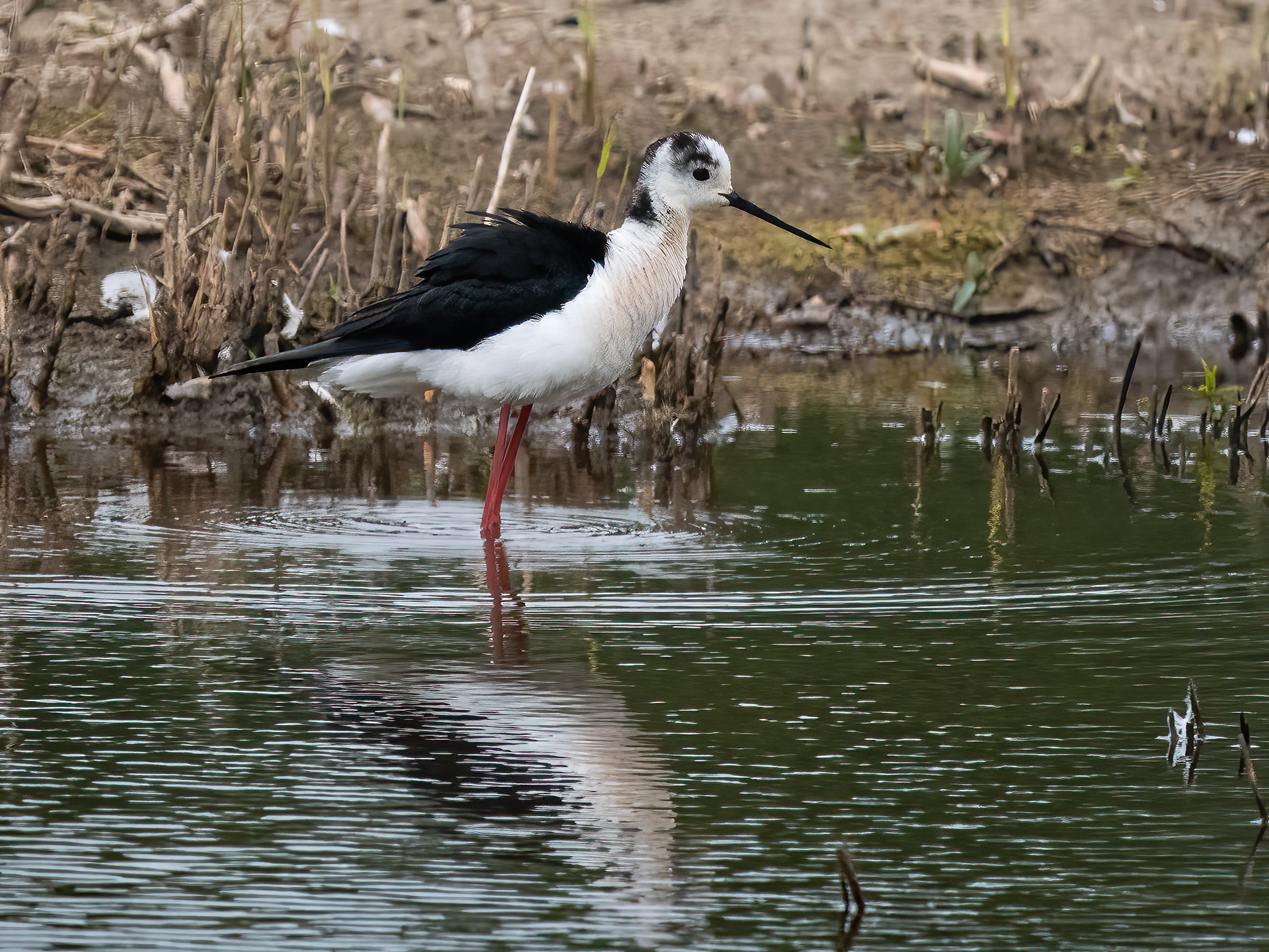Mea Culpa: a logical fallacy going begging
Questions of style and language in The Independent last week, reviewed by John Rentoul


We used the phrase “begs the question” a couple of times last week, as a way of saying that something “poses the question”. The objection to this is old-fashioned, because almost no one now uses “begging the question” in its original sense of making the error of assuming the truth of a proposition to be proved. In formal logic, to say, “God exists because the Bible says so, and the Bible is true because it is God’s word,” is to beg the question.
Language changes, and “begs” is used to mean “poses”, so that is what it means. But there are still enough people around who think this use is “wrong”, so we should avoid it, in our own interest.
Hot and cold: We used a clashing metaphor in an article about bird migration, saying: “Though it is a chilling sign for the climate, birdwatchers are delighted by the rare visit from the black-winged stilts.” Thanks to John Harrison for pointing out the paradox of being chilled by evidence of global warming. We needed a “worrying” or an “alarming” sign for the climate, I think.
And another in a report about Russia, saying: “Vladimir Putin has begun reducing gas supplies to Europe, increasing the pressure on energy supplies.” If anything, he is decreasing the pressure in the pipelines. Thanks to Richard Parry for spotting that one.
Mix and match: Linda Beeley wrote in to point out that in an article about the “vaccine divide” across the world, we said: “With just one in five Africans having received a single dose compared to 65 per cent of all people worldwide…” That is mixing two different ways of describing proportions in a way that makes it hard for the reader to make the comparison, whereas the difference between 20 per cent and 65 per cent is easy to see.
I also prefer “compared with” in sentences such as these, where we put two things side by side to show how different they are, and “compared to” in sentences where we put them side by side to show how like each other they are – “Shall I compare thee to a summer’s day?”
Mechanicals: In an article about JCB in India, we had a photo of one of the company’s products at work with its rear bucket. The caption said: “A bulldozer demolishes an illegal structure in a residential area of Jahangirpuri.” Thanks to John Harrison (again) for letting us know that it is not a bulldozer. It is an excavator, a wheeled vehicle with a shovel at the front and digging arm at the back. Apparently, the company wants us to call them “JCBs”, but “excavator” or “digger” is better. What it is definitely not, though, is a bulldozer, a vehicle with caterpillar tracks and a broad curved upright blade at the front for clearing ground.
Make more stylish: In a hotel review, we said “each bedroom has been jzhushed up”. Bravo, I say. I like a writer who takes risks using popular language, and makes a valiant effort to spell the word as it sounds. It is a newish word from the 1960s, probably from Polari, and its spelling hasn’t settled down yet, although the Oxford dictionary gives it as “zhuzh”, which ought to be our style, or “zhush”. It means “make more stylish or lively”, and I think it does.



Join our commenting forum
Join thought-provoking conversations, follow other Independent readers and see their replies
Comments